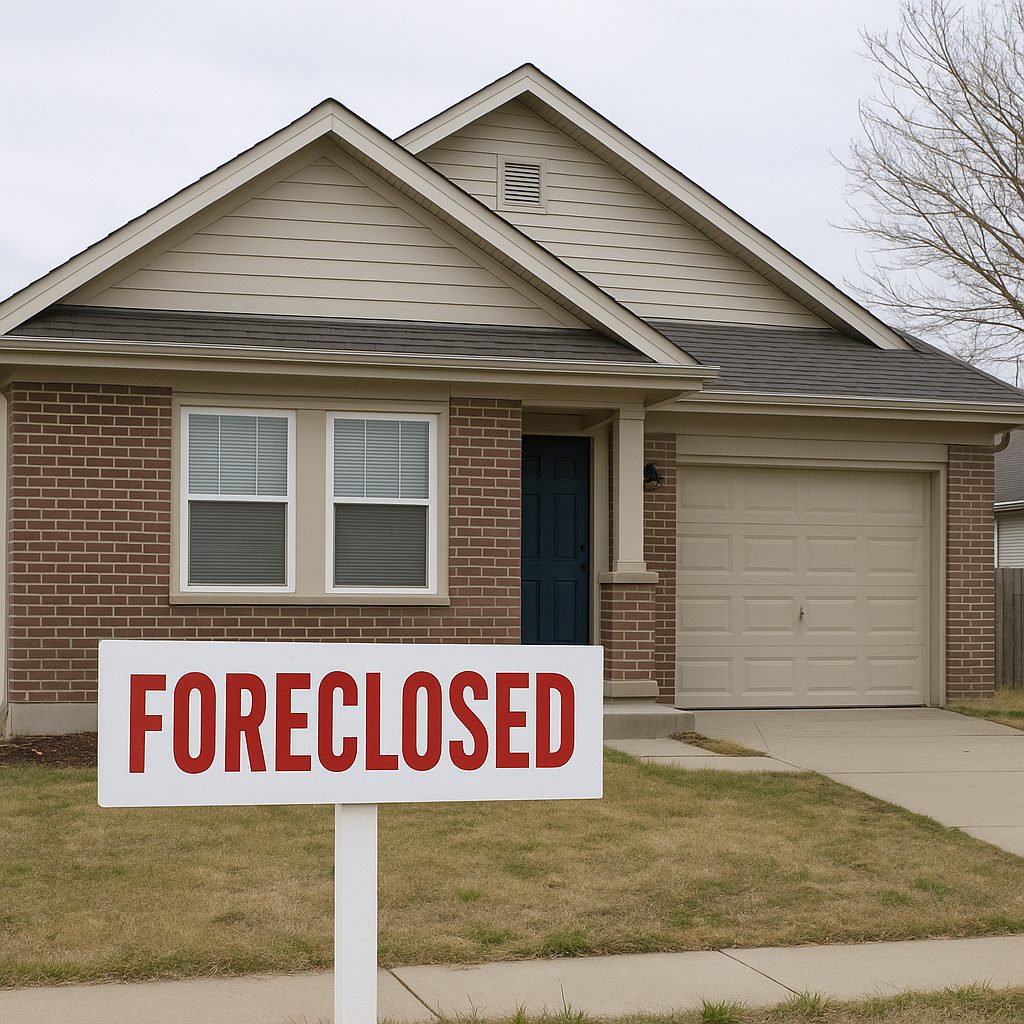
Dealing with the consequences of foreclosure in Illinois is more than just losing your home. The consequences of foreclosure can reach deep into your credit, finances, and even future housing options. If you’re behind on payments or already in the foreclosure process, now is the time to understand your options and protect yourself from lasting damage.
Let’s walk through what foreclosure really means for Illinois homeowners and what you can do about it.
What Happens When Foreclosure Starts?
When you stop making mortgage payments, things can move quickly. Most lenders will give you a 90 to 120-day grace period before starting legal action. After that, a foreclosure lawsuit begins, and unless you catch up on payments or work out a deal, the court can approve the sale of your home.
Illinois follows a judicial foreclosure process, which means everything goes through the court. That can give you time, but not much. Once a judgment is entered, the clock is ticking. You typically have a few months before the sheriff’s sale, and then just 30 days to leave after the sale is confirmed.
What Are the Real-Life Consequences of Foreclosure?
Here’s where things hit hard:
Your Credit Takes a Hit
A foreclosure can drop your credit score by over 100 points. That damage sticks around for up to seven years, making it tough to get loans, rent an apartment, or even apply for some jobs.
You May Owe More Than You Think
Just because the house sells doesn’t mean the debt disappears. If your home sells for less than what you owe, the lender can come after you for the difference. This is called a deficiency judgment.
Legal and Court Costs Add Up
Foreclosure isn’t free. Lenders add court fees, attorney costs, and other charges to your debt. And if the property is vacant, cities like Rockford can fine owners for unmaintained or abandoned homes.
You Might Lose More Than Your House
Beyond the house, you could be dealing with garnished wages, tax issues, and difficulty getting future mortgages.
What’s Happening in Illinois?
Illinois has seen a rise in foreclosure activity in recent years, especially as interest rates and inflation squeeze household budgets. While some neighborhoods are stable, others still struggle with vacant homes and declining property values. More foreclosures mean more inventory on the market, and that drives prices down, hurting everyone.
Plus, Illinois has specific ordinances requiring lenders to inspect and register vacant homes after foreclosure filings. If that doesn’t happen, fines can be issued, creating even more mess for homeowners and lenders alike.
What Can You Do?
You still have choices. Here’s how to take control:
Catch Up or Refinance
If your financial situation has improved, try to reinstate the loan by paying missed payments. You can also talk to your lender about loan modification options.
Explore a Short Sale or Deed in Lieu
Selling your home for less than the mortgage (a short sale) or giving the deed back to the lender can stop the foreclosure, reduce credit damage, and help you move on.
Consider Bankruptcy
Filing Chapter 13 bankruptcy can pause foreclosure and give you a repayment plan, though it comes with long-term financial implications.
Sell Your Home Fast to a Cash Buyer
If time is running out and you need a clean break, companies like Heartland Funding Inc. can help. We buy houses in Illinois in any condition, with no commissions or repairs required, and we can close quickly. It’s a stress-free way to avoid foreclosure and move forward.
How Heartland Funding Inc. Can Help
At Heartland Funding Inc., we understand how stressful this situation can be. We’ve helped homeowners in Illinois and across the country sell their homes fast, avoid foreclosure, and start fresh. We’re not agents. We’re buyers. That means we make fair, all-cash offers and take care of everything after the sale. No fees. No repairs. Just relief.
Call us anytime at (800) 255-8250 or fill out the form below to get started.
